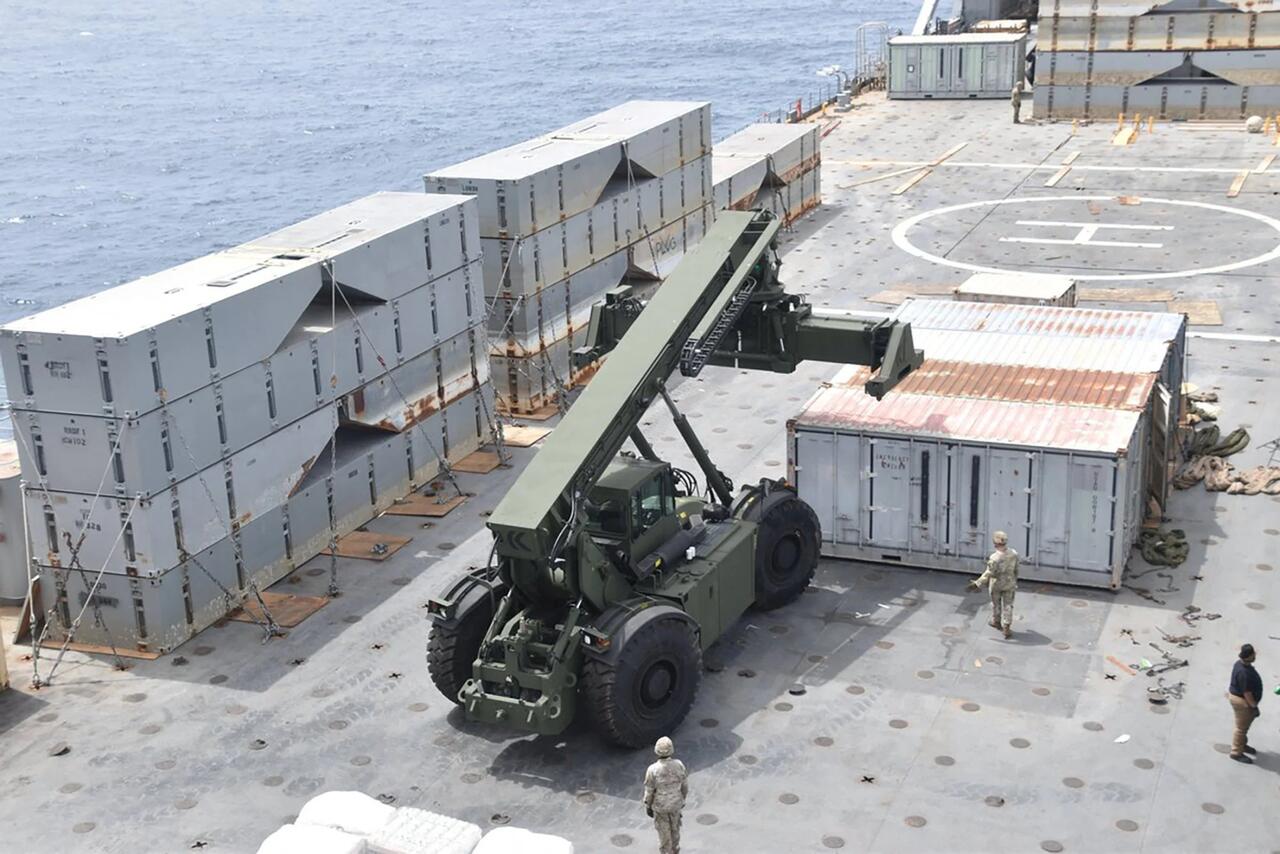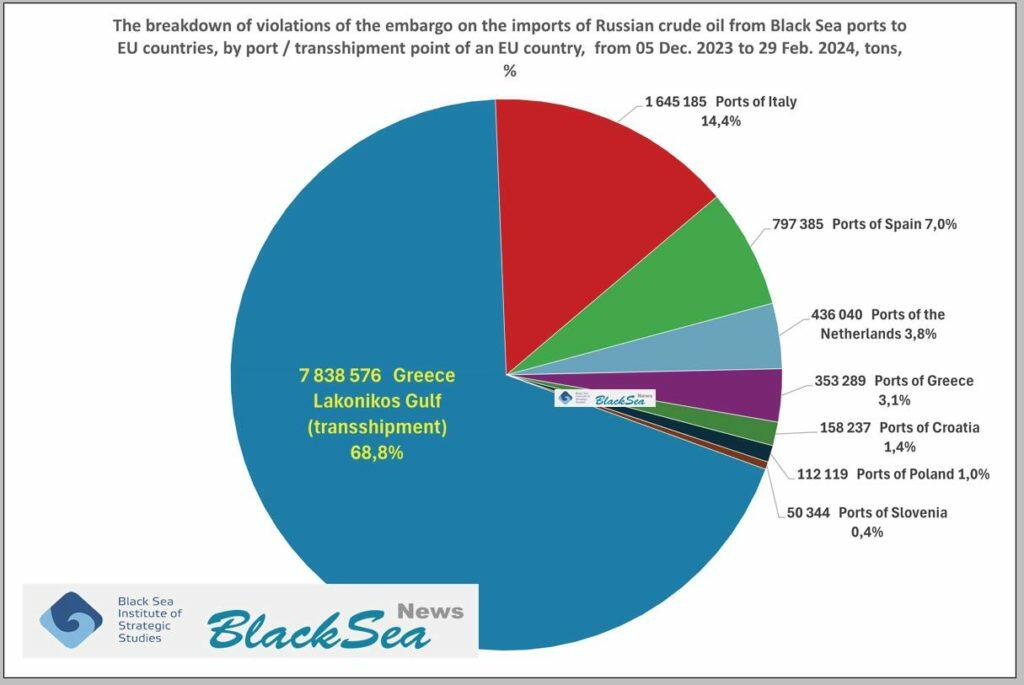“Lucretia,” our “International Woman of Mystery” on the 3WHH podcast, is not our only academic friend who needs to proceed pseudonymously from time to time so as to avoid a struggle session with our sub-moronic college administrator class. A loyal Power Line reader of some academic prominence who goes by the name “Norm D. Ploom” sends along the following query about yet another double-standard in play in the current campus scene:
I am troubled by what seems like serious, repeated, and unreported cases of cultural appropriation:
Caucasian students are wearing Palestinian Keffiyehs.
This appropriation is happening on many campuses, but it has not received the attention it deserves.
True, they are wearing it out of solidarity with those who hate Israel, but my understanding is that even good intentions like these are not an element of this cultural crime. They certainly are not a “get out of jail” free card for students in other instances of cultural appropriation. In those cases, their intention is usually to have fun at a party. But that is not considered a sufficient excuse on many campuses.
And what about consequences? Normally, the “appropriation” of other students’ cultures lead to consequences at universities where sensitivity reigns in the dean of students office (they/them). That usually means students accused of cultural appropriation are told to sit with counselors from that office, who give them “voluntary” instruction about cultural sensitivity.
Our campus is better than most, though some students wish it were not so. A few years ago, I was present at an Israel-birthday celebration in the open area between the [Name Redacted] Library and [Name Redacted] Gymnasium. The Jewish students served falafel sandwiches with hummus for free. They also had a small stuffed camel beside the table. The Palestinian students and their political allies repeatedly yelled at high volume that the sandwiches and the stuffed animal were unacceptable “cultural appropriation.” It did no good to tell them both were commonplace in Israel itself. The only good news is that the Jewish students were not required to meet with counselors for remedial cultural instruction. As far as I know, none were sent to the rice paddies to learn from the “glorious peasants.”
Personally, I oppose these limits on freedom of speech.
But I also support the even-handed application of the rules on every college campus. That includes the rules on cultural appropriation. I don’t think that is being done on any campus. Administrators should not have the discretion to impose these rules for appropriation when they don’t like its political meaning and ignore it for appropriation when they support different political stances.
If students can engage in this kind of cultural appropriation without consequences, I fear it could easily lead to rock-n-roll based on rhythm-and-blues and fast-food restaurants that serve tacos. Where does it stop?





